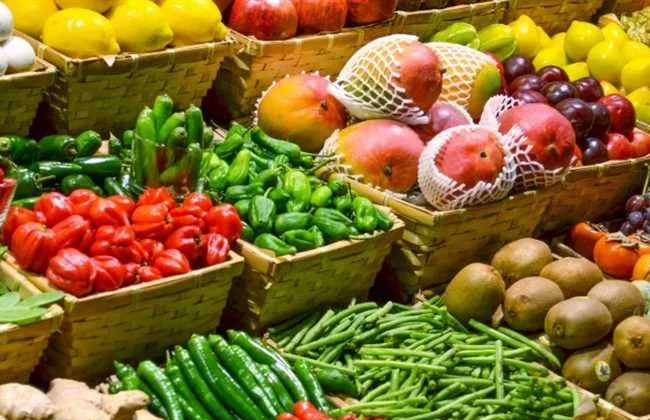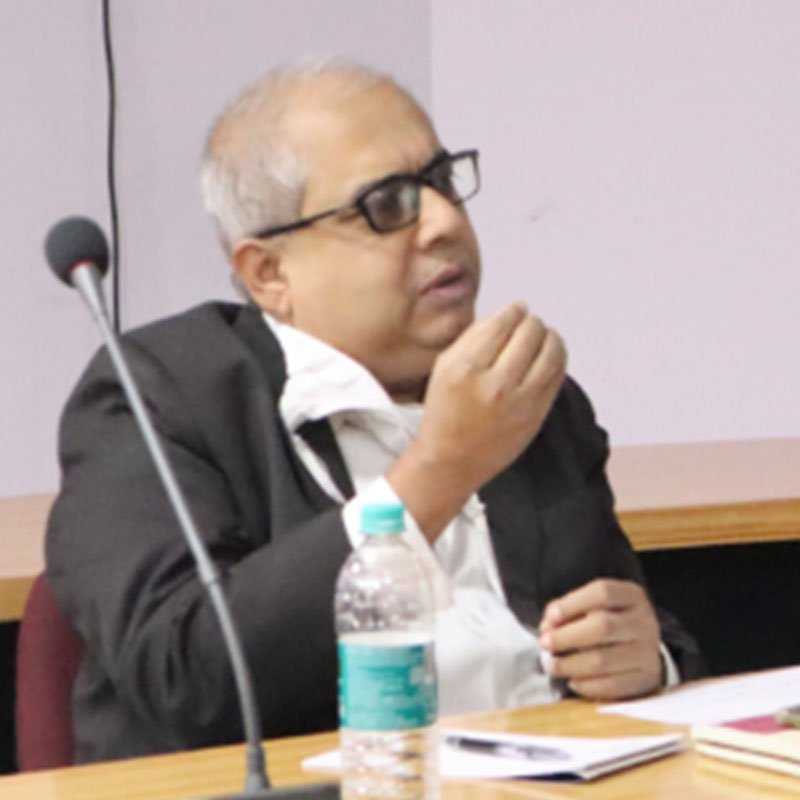Friday, 27 February 2026


Jayanta Kumar Aikat, IASx, Retired Director, Food Processing Industries, Government of West Bengal, noted that the agri-components of the India–UK Comprehensive Economic and Trade Agreement (CETA) mark a “strategic opening for Indian horticulture, marine, and processed food sectors.” He emphasized that “While tariff eliminations are welcome, the real test will lie in overcoming non-tariff barriers and ensuring that smallholder farmers are not left behind.” According to Aikat, India must now “Double down on quality standards, traceability infrastructure, and export logistics to fully realize the benefits of this trade pact.”
The United Kingdom-India Free Trade Agreement declared on 6 May 2025 and signed on 24 July 2025 in the presence of the Prime Ministers of both countries, has been sometime in the making. It is to take effect from 1 October 2025. Formally, it is being known as the “Comprehensive Economic and Trade Agreement”. In a very brief manner it may be stated that 99 per cent of exports from India (including goods and services) to England will be subject to nil taxes; while 91 per cent of English exports to India will face reduction and subsequently minimal taxes. England is looking at Pds. 4.8 billion as an economic boost from the treaty by 2040. This is approximately Rs. 55,000 cr by current exchange rates.
The formal document of the treaty contains 30 chapters. Many diverse heads like Trade in Goods, Rules of Origin, Trade Remedies, Customers and Trade Facilitation, Sanitary and Phytosanitary Measures, Technical Barriers, Trade in Services, Financial Services, Temporary Movement of Natural Persons, Telecommunications, Digital trade, IPRs, Geographical Locations, Innovation, Government Procurement, Competition and Consumer Protection Policy, State owned Enterprises, Subsidies, SMEs, Labour, Environment, Trade and Development Cooperation, Trade and Gender Equality, Good Regulatory Practices, Transparency, Anti-Corruption, Administrative and Institutional Provisions, General Provisions and Exceptions and Dispute Settlement hae been covered comprehensively.
The main exports to India will include: Automobile equipment (including cars), electrical equipment, medical equipment, aerospace equipment, food including lamb, salmon, biscuits, chocolate, soft drinks, spirits (mainly whisky and gin), cosmetics etc.
India will export textiles, footwear (including leather), gems and jewelry, sports goods, toys, engineering goods, automobile equipment, engines, food including processed foods, grapes, mangoes and marine products and organic chemicals etc.
In services, IT/IteS, Financial Services, Professional Services including architectural and engineering services, Educational Services, yoga instructors, musicians, chefs etc. will be the main exports to England from India. “Greater global mobility for aspirational young Indians” was a key demand and has been included.
The treaty expects accelerating trade in the agriculture sector and more so, in the over-arching agriculture-horticulture-animal husbandry-fisheries sector. The positives include:
As part of the India–UK Comprehensive Economic and Trade Agreement (CETA), the United Kingdom has agreed to abolish tariffs on 100 per cent of Indian agricultural produce. This includes a wide range of items such as vegetables, fruits, seafood, processed food, and spices and condiments. The move is expected to result in a 50 per cent rise in India’s agricultural and processed food exports over the next three years. This projected growth could lead to higher incomes for farmers, improved rural prosperity, sustained export opportunities, and a narrowing of the rural-urban income divide.
CETA places particular emphasis on high-value Indian agri-exports like tea, mangoes, grapes, spices, condiments, and marine products. By targeting these goods, the agreement aims to expand India’s currently modest share in the UK’s food import basket. On the other hand, India has retained its existing tariffs on sensitive imports such as dairy, apples, edible oils, and oats, thus applying a layer of protectionism to safeguard domestic interests.
The agreement also gives a boost to innovative products such as millets, jackfruit, exotic vegetables, and organic herbs, encouraging diversification in India’s export portfolio. In the fisheries segment, the elimination of duties on shrimp, tuna, fishmeal, and aquafeeds is poised to significantly benefit India’s marine exports.
To address concerns around non-tariff barriers, CETA provides for the establishment of a dedicated sub-committee on Sanitary and Phytosanitary (SPS) standards. This body will work to ensure that food exports are not obstructed by hidden compliance requirements, and is expected to strike a balance between protecting public health and supporting trade facilitation.
In spite of above encouraging actions, there are some points of concern:
Despite the optimistic provisions of the India–UK Comprehensive Economic and Trade Agreement (CETA), several challenges remain. One key concern is the divergence in Sanitary and Phytosanitary (SPS) standards between the two countries. These differences could complicate efforts to harmonize regulatory frameworks and potentially obstruct smooth trade flows. To effectively safeguard India’s agri-export interests, Indian representatives on the SPS sub-committee must engage deeply with stakeholders—including marine product exporters, health professionals, logistics providers, and financial institutions—before formulating negotiation strategies.
Another challenge stems from the competitive landscape created by the UK’s other Free Trade Agreements. Countries with similar FTAs may offer more favorable terms or volumes, intensifying competition for market share. India could have strengthened its position by negotiating fixed supply commitments—say, guaranteeing 60 to 70 per cent of the UK’s import requirements for certain commodities—in exchange for additional concessions.
Finally, domestic political resistance may pose a hurdle to the agreement’s smooth rollout. Reports indicate that the All India Kisan Sabha has raised objections, arguing that CETA could harm the interests of small farmers while disproportionately benefiting large agribusiness corporations. Whether justified or not, such concerns underline the importance of transparent dialogue and policy safeguards to ensure equitable outcomes for all segments of India’s agricultural community.
—–Jayanta Kumar Aikat, IASx, Director, Food Processing Industries (Retired ), Government of West Bengal